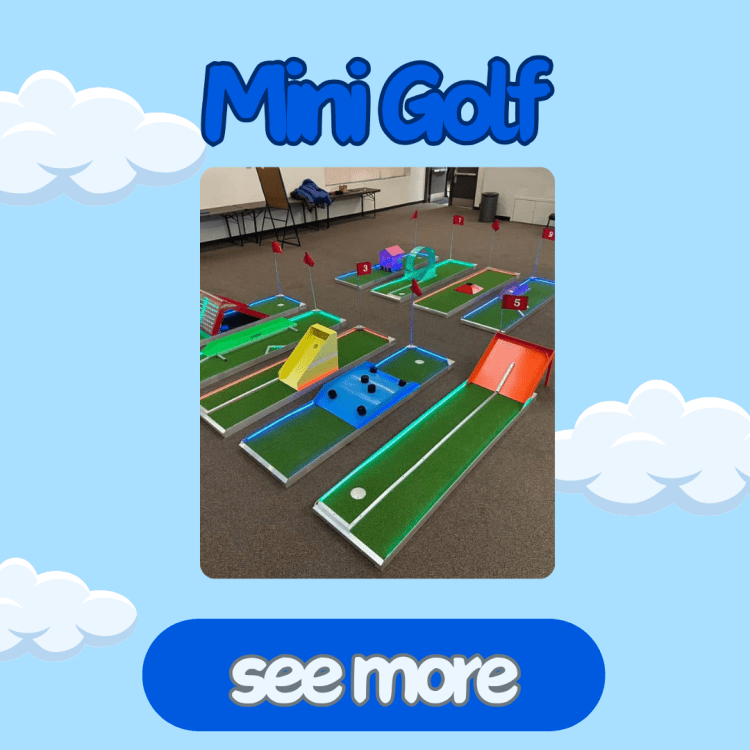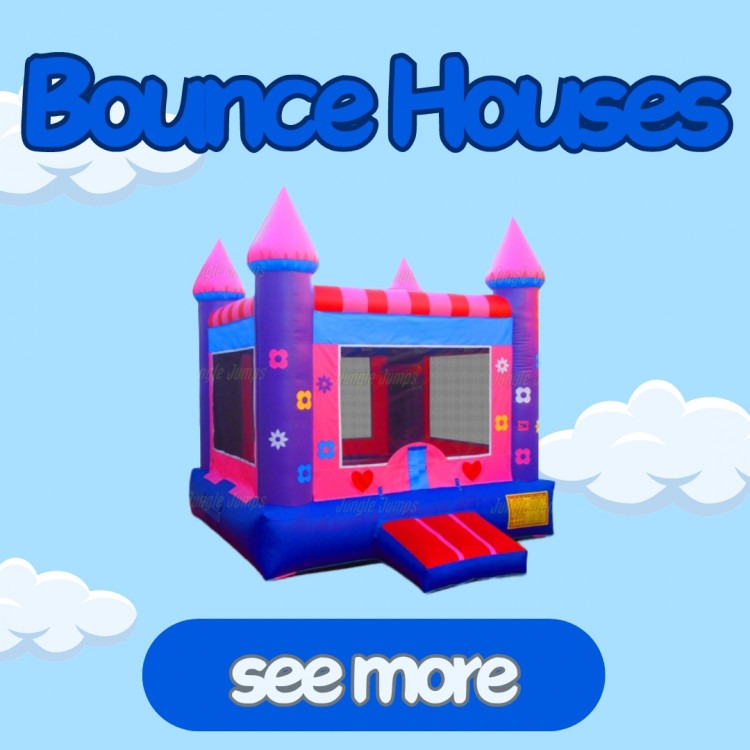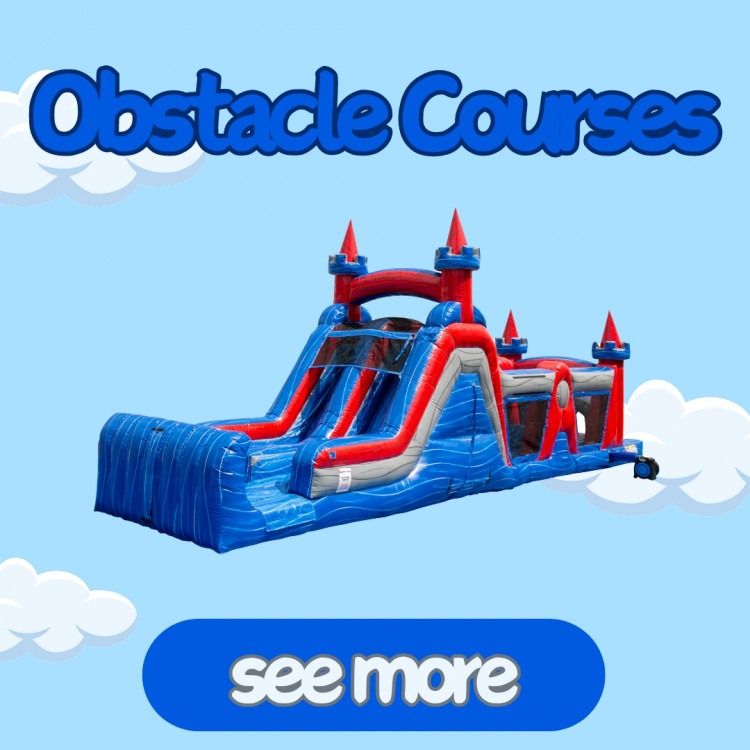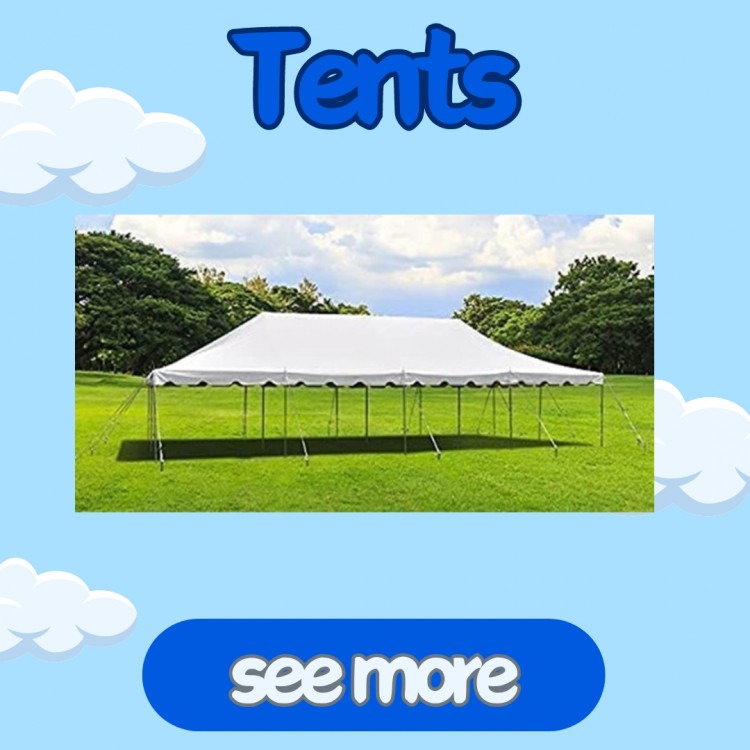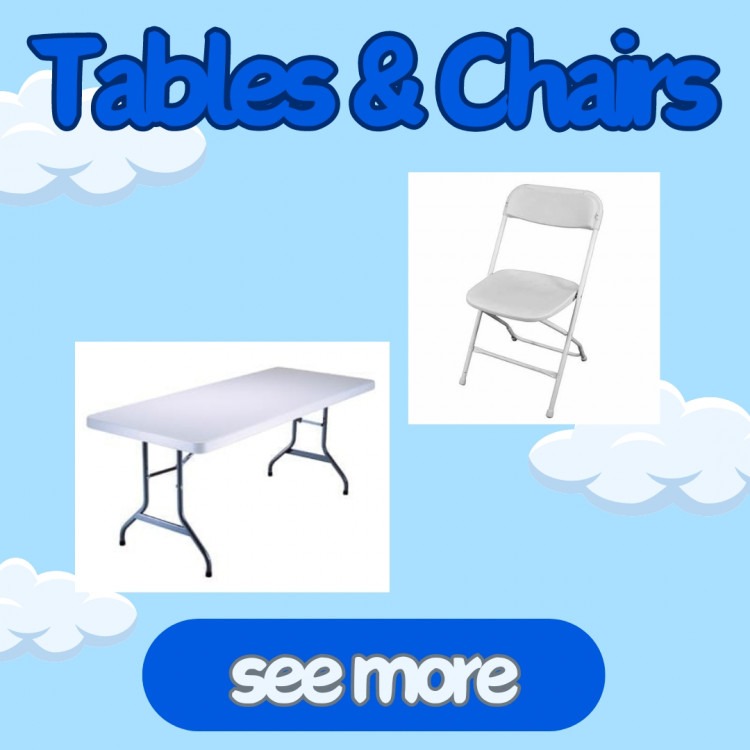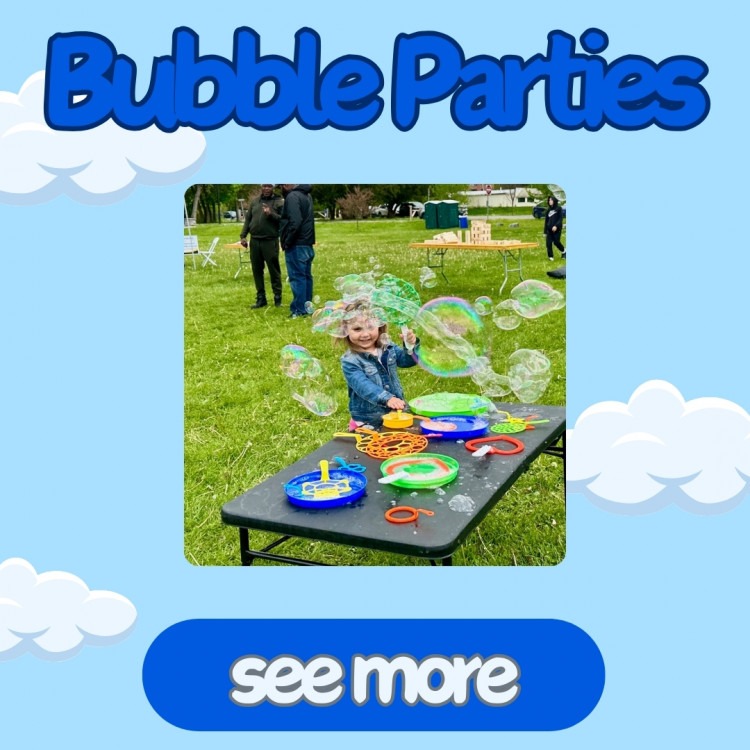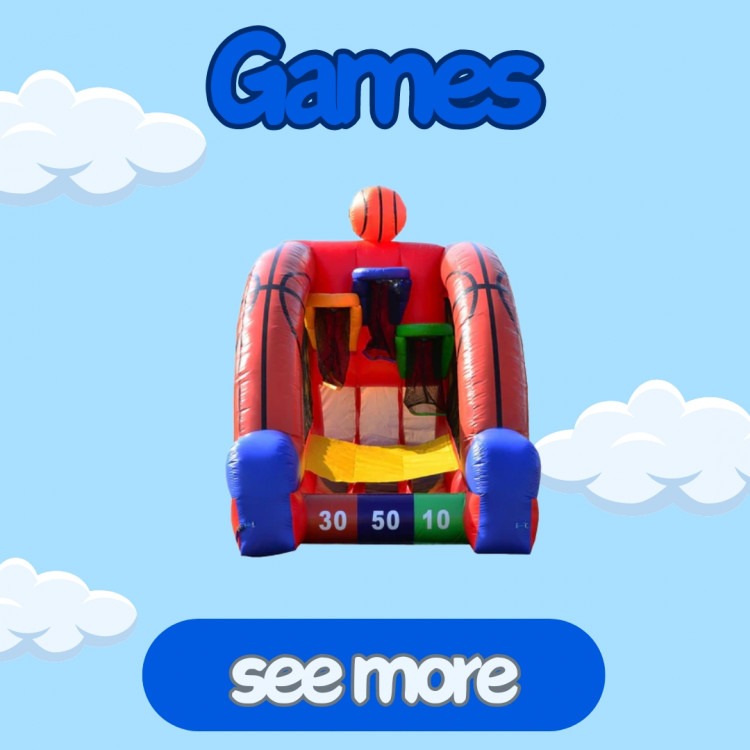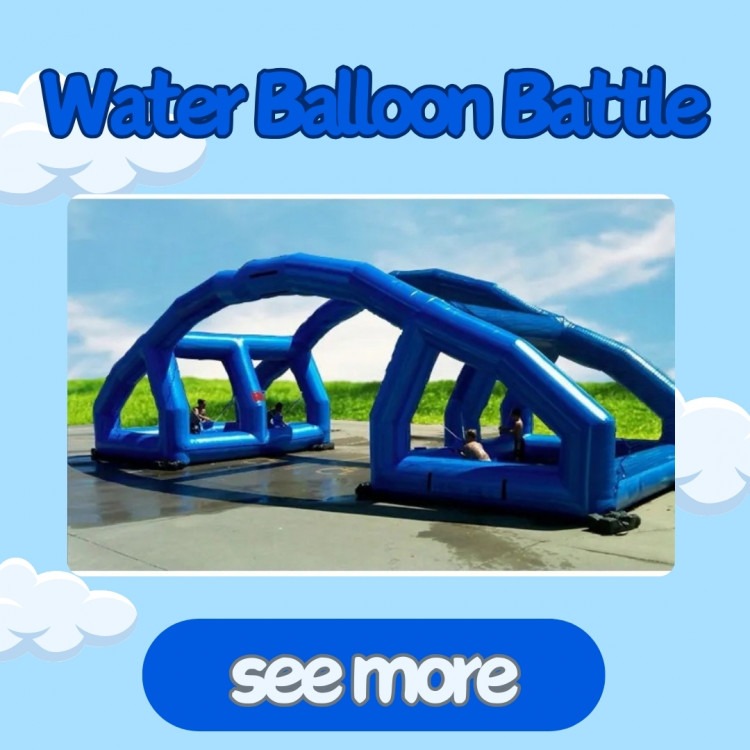Carnivals and Fairs are a great way to Kick Off the year!
Carnivals and Fairs are a great way to Kick Off the year!
Kicking off the school year with carnivals and Fairs is a great way to celebrate the beginning of the new school year and bring the whole community together. Festivals, Carnivals and Fairs are typically large gatherings that feature music, dancing, games, fun festival food, and other activities for people of all ages to enjoy.
Carnivals and Fairs can take on many different forms depending on the school or community hosting them. Some may focus primarily on entertainment and socializing, while others prioritize more educational or competitive activities. Regardless of their specific details, carnivals and fairs are always fun events that help foster a sense of community among students, parents, teachers, administrators, and members of the local community. If you’re planning a school carnival or Fair this year, here are some tips for making it a success.
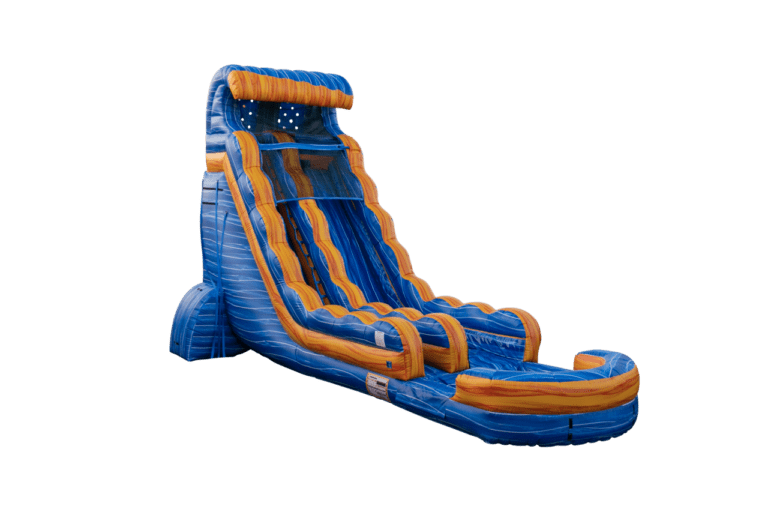
Follow The Carnivals And Fairs Checklist And Start Planning Early
1. Start early. Ideally, you should start planning your carnivals and Fairs several months in advance to give yourself plenty of time to organize all the different activities and vendors. This will also allow you to communicate with potential sponsors and other community stakeholders well in advance, so that they have time to get on board with your event.
2. Choose a venue that can accommodate all of your guests comfortably and safely. Depending on the size of your school or community, this may mean securing a local park or recreational center for your event, or even renting out an entire amusement park for the day. Whatever venue you end up choosing, be sure that it has adequate space for activities like rides, games booths, food vendors, and other attractions.
3. Plan a diverse range of activities that appeal to people of all ages. This may include everything from traditional carnival games like ring toss and bumper cars, to more educational or competitive activities such as science experiments or trivia contests. You may also want to consider offering prizes for the winners of these activities, which will help encourage participation among your attendees.
4. Make sure you have plenty of staff and volunteers on hand to ensure a smooth event. Whether you’re hiring event staff or asking parents and teachers to volunteer during the day, it’s important that you have enough people working behind the scenes so that guests never have to wait in line too long for food, rides, or any other activity at carnivals and fairs near me.
5. Have fun! The most important thing about hosting school carnivals and Fairs is that everyone involved has a good time. So make sure you take some time to enjoy the event yourself, and watch as your guests create lasting memories at your school carnival or community’s Fair.
How to Make Your School Carnival and Fair a Huge Success
Organizing a school carnival or miniature fair can be a daunting task, but with careful planning and execution, it can be a huge success! Don’t stress out here are some tips to help you get started:
1. Choose a date and location that will work for everyone involved. You’ll need to take into account the availability of the venue, as well as the weather forecast. If possible, try to choose a date that doesn’t coincide with any other major events in the area.
2. Start promoting your event early. Create eye-catching posters and distribute them around town, or use social media to spread the word. The more people you can get interested in attending, the better!
3. Make sure you have plenty of volunteers to help out with the event. Whether you need people to run games or sell food and beverages, it’s important to have a dedicated team in place well before the big day.
4. Plan your activities carefully, and be sure to keep things interesting for both kids and adults. You could consider offering games such as inflatable axe throwing, soccer darts, or face painting, but don’t forget about our new Water Balloon Battle.
5. Finally, be sure to offer plenty of great Fun Foods for all of your attendees. This can include everything from traditional fair snacks like popcorn and cotton candy, and snow cones.
By following these tips, you can be sure that your school carnivals and Fairs will be a huge success!
Games that are Perfect for a School Fair
Inflatable Axe Throwing
Inflatable Soccer Darts
Inflatable Basketball Challenge
Water Balloon Challenge
Giant Jenga
Giant Connect 4
Whether you’re hosting a school carnival, family fair, or community event, these fun and challenging games are sure to keep your guests entertained for hours. So why not round up some friends and family and head on over to your nearest fair for a day of friendly competition and good old-fashioned fun?
How To Make School Carnivals and Fairs Highly Efficient & Profitable
School carnivals and fairs are a great way to raise money for your school, while providing an enjoyable event for the students and families. However, running a successful carnival or fair takes careful planning and execution. Here are some tips on how to make your school carnival or fair highly efficient and profitable:
- Choose the right location. Make sure to choose a location that is easily accessible for all your guests. If you’re expecting a large crowd, consider choosing a location with plenty of parking.
- Have a variety of activities. Offering a variety of activities will ensure that there is something for everyone at your carnival or fair. From games and rides to food stalls and raffles, make sure to have a good mix of activities.
- Advertise your event. Be sure to let everyone know about your carnival or fair, by advertising in the local newspaper, on social media, and through flyers and posters around town.
- Charge reasonable prices. Overcharging for activities and food will only discourage people from attending your carnival or fair. Instead, charge reasonable prices that will still allow you to make a profit.
- Have plenty of help. running a successful carnival or fair takes a lot of work, so be sure to have plenty of helpers on hand to take care of everything from setting up to running the stalls and attractions.
Safely Setting up school carnivals and fairs….. What you need to know!
School carnivals and fairs are a great way for students to come together and have fun. However, it is important that these events are set up properly in order to minimize the risk of injuries and accidents.
One key consideration when preparing for school carnivals or fairs is power. You will need ample electrical outlets to support all of the various activities and attractions at your event, such as inflatable bounce houses, carnival games, food vendors, and music equipment. If you do not have access to sufficient power sources at your venue, you may need to consider renting or purchasing generators to ensure that everything runs smoothly.

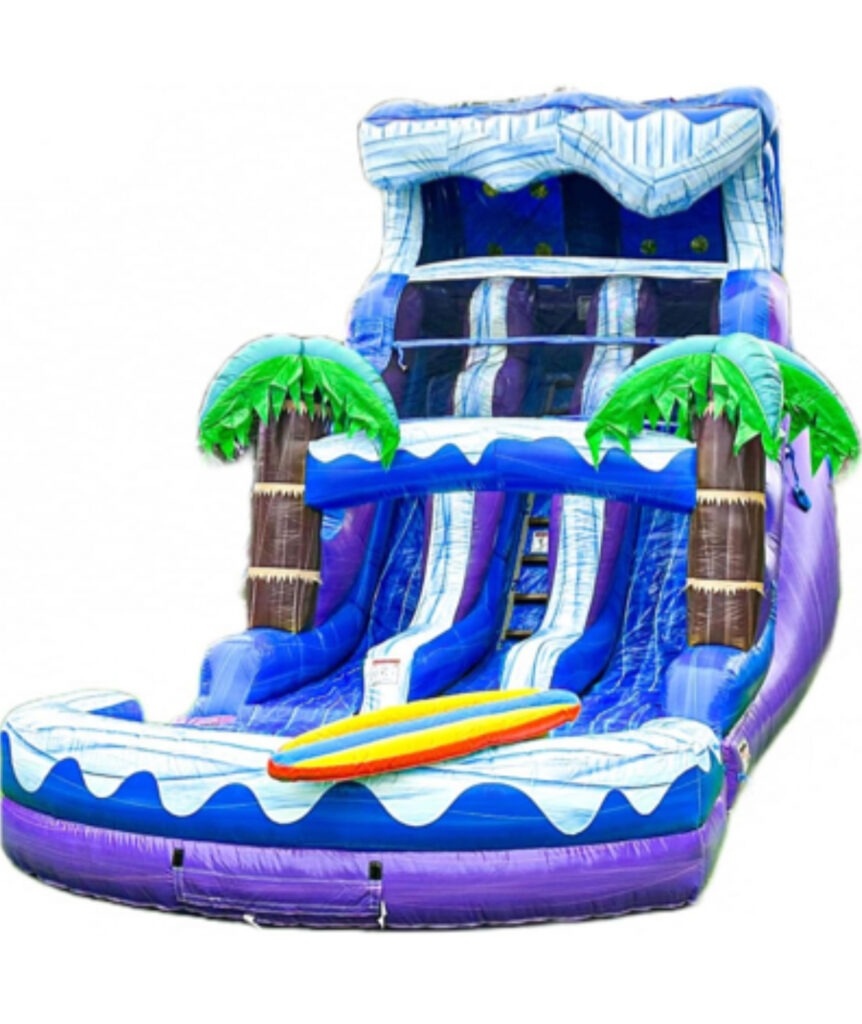
Carnivals and fairs …Safety First!
Another important factor when setting up school carnivals and fairs is safety. This includes making sure that all electrical cords are neatly tucked away and covered with mats or other materials to reduce the risk of tripping. If you are using inflatables or other carnival equipment, be sure to only use reputable companies that provide well-maintained and safe products. All of the equipment should be securely fastened to the ground using stakes, and all inflation points should be monitored throughout the event.
With proper planning and preparation, school carnivals and fairs can be a great success! By following these tips, you can help ensure that your event is safe and enjoyable for everyone involved.
What is the difference between a fair and a carnival?
There are many differences between fairs and carnivals, with the main distinction being their focus and purpose. Fairs tend to be more educational or cultural in nature, often focusing on specific topics or themes. Carnivals, on the other hand, tend to be primarily focused on entertainment and fun.
This can manifest in a variety of ways, such as through exciting rides, games, food stalls, or even more unconventional attractions like virtual reality experiences or escape rooms. Additionally, carnivals may be held for longer periods of time than fairs and may also include larger crowds. Ultimately, the difference between a fair and a carnival comes down to their approach and aims – fairs seek to educate or celebrate while carnivals focus on providing enjoyment and fun.
What is the meaning of fairs and festivals?
Fairs and festivals are an important part of many cultures around the world, representing opportunities for people to come together, celebrate their community, and enjoy a variety of activities. Whether they are religious events or fun celebrations, fairs and festivals often include food stalls, carnival rides, games, music performances, and other attractions. They may also feature more unconventional elements such as virtual reality experiences or escape rooms. Regardless of their purpose or form, fairs and festivals provide a unique opportunity for people to bond with one another and have some fun.
A carnival is typically a large, festive event that typically includes rides, games, food stalls, and other activities. Depending on the type of carnival, there may also be performances or competitions, such as beauty pageants or talent shows. Some common attractions at a carnival include bumper cars, Ferris wheels, zip lines, and haunted houses.
In addition to these more traditional offerings, many modern carnivals also incorporate newer technologies and trends into their events, such as virtual reality experiences or escape rooms. Regardless of how they are structured or what kinds of activities they offer, carnivals are always fun and exciting events where people can come together and enjoy themselves.
What is the importance of fairs?
Fairs are an important part of many cultures and serve a variety of purposes. For example, religious fairs may be held to celebrate a particular saint or holiday, while agricultural fairs may be held to showcase the latest farming techniques or to sell produce. Fairs can also be used as a form of entertainment, with carnivals and funfairs offering a range of rides and games for people to enjoy. Whatever their purpose, fairs provide an opportunity for people to come together and celebrate their community.



